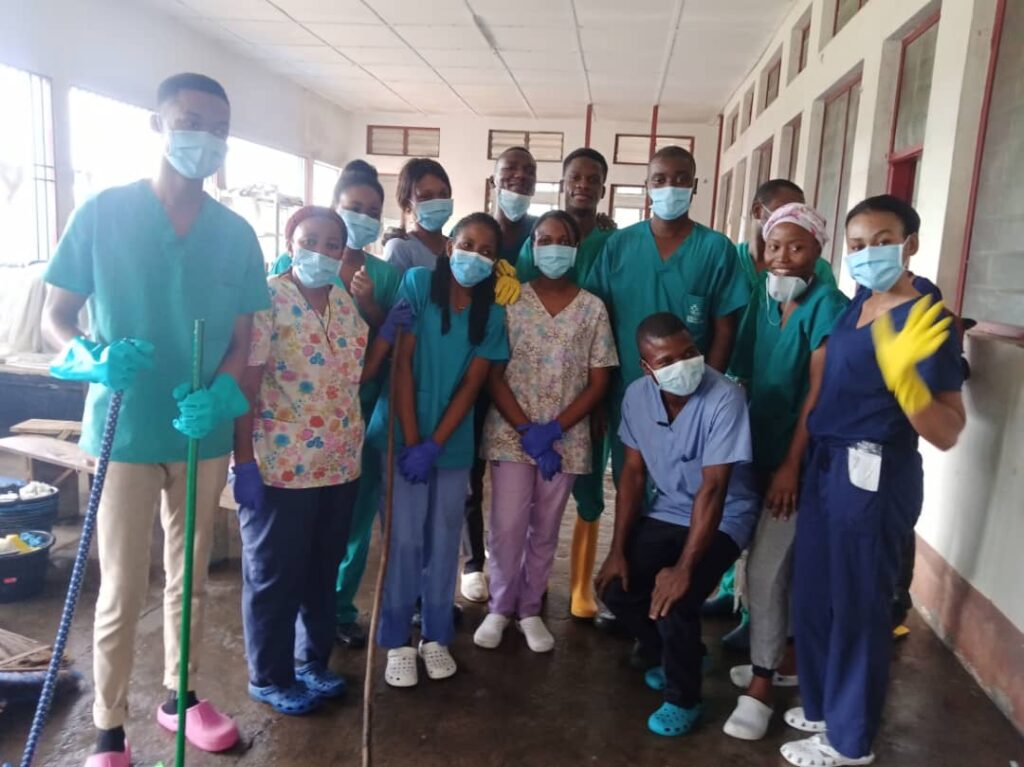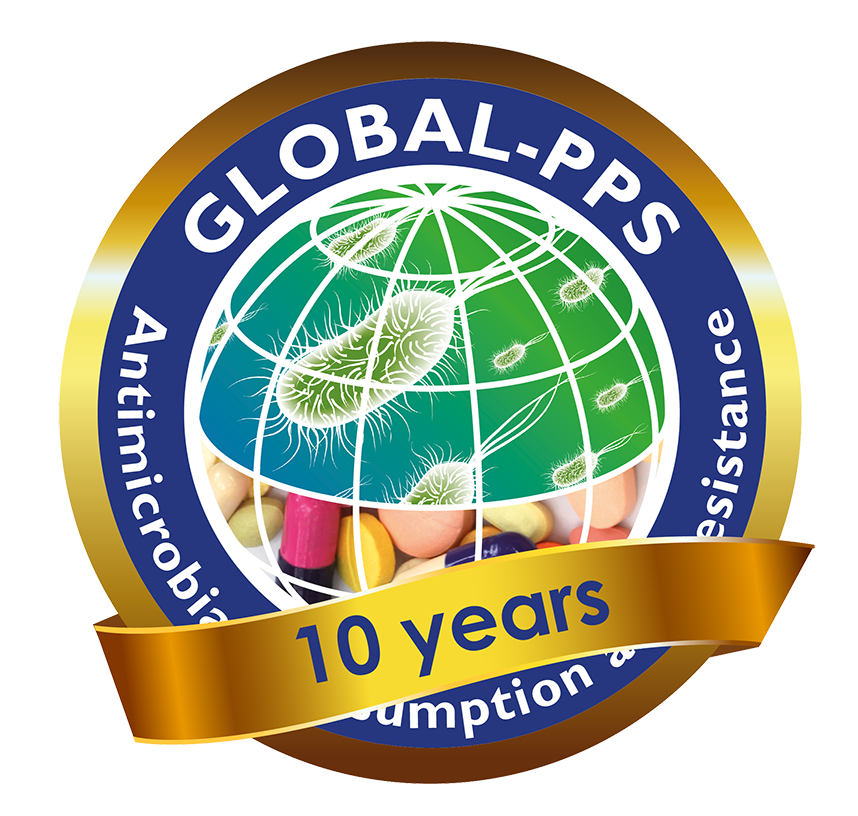Testimonial from the Democratic Republic Congo
Dr. Mudji E’Kitiak Junior, Global-PPS Coordinator for the Vanga Evangelical Hospital since July 2021.
The Democratic Republic of Congo (DRC) is a post-conflict country with numerous health challenges: a weak health system, limited human resources, geographical factors (size of the country, forested areas) and consequently difficult access to health care.
Background – How it started
For a long time, the overuse and inappropriate use of both antibiotics and antimalarial drugs has been observed. This poses a threat to the financial situation of this rural hospital. The problem is known, but behavioral change is challenging.
To address this situation, I first had to document the current situation through the collection of antimicrobial use data. The collection of baseline data would help measure the effectiveness of any future intervention. I went to the internet and searched for ways to address this problem. Fortunately, I discovered the Global-PPS, a tool that offered exactly what I was looking for. With the support of the hospital director and the medical staff, we began implementation.
Data collection : The first challenge
Together with my team, we discussed the process of the Global-PPS. We practiced three times before we started the real data collection. Each of the exercises helped us to identify potential problems. We discussed them with the Global-PPS team in Belgium. They responded very quickly and helped us solve all the difficulties we encountered. After data collection, I entered the data on the online application for data entry. I immediately received the final report. It was a good experience for me and my team.
Presentation of the results
To present the results, we invited all persons involved in the prescribing process at the hospital and the department heads. We highlighted the misuse of antimicrobials, primarily antibiotics, in the paediatric, surgical and obstetric departments of the hospital. We received compliments from the participants of that meeting and then moved on to discuss the intervention.
Creation of an Antimicrobial Stewardship Committee
We decided to put together a team that is working with me in the antimicrobial stewardship committee. This committee is composed of doctors, nurses and administrators. We found that the absence of a laboratory (which could help with cultures to identify the germ and adjust treatment), the absence of local antibiotic prescribing guidelines and the absence of cleaning protocols in the hospital were the main factors in antibiotic misuse.
We have drawn up the following action points:
- Developing a local antibiotic policy and overseeing its implementation. We have started with the development of guidelines on surgical prophylaxis in order to standardize these prescriptions. The absence of sensibility testing remains an issue to guide us in the development of empiric antibiotic treatment guidelines.
- Develop a cleaning programme in the hospital. When most staff members are afraid of the infectious capability of a dirty environment, they tend to always prescribe antibiotics. We are implementing a well-organized unit of cleaning in the hospital with adapted equipment.
- Retrain staff and patients in hand washing. Sustaining and enforcing this behavioral change is a challenge.
- Repeat the Global-PPS process.

The Vanga Evangelical Hospital
- Located in the Kwilu province 530 km east of the capital Kinshasa.
- General 479 beds referral hospital of the Vanga Health Zone covering 339,062 inhabitants.
- Due to its reputation, the hospital receives patients from neighboring health zones, neighboring cities such as Kikiwit, Kinshasa and neighboring countries like Angola.
